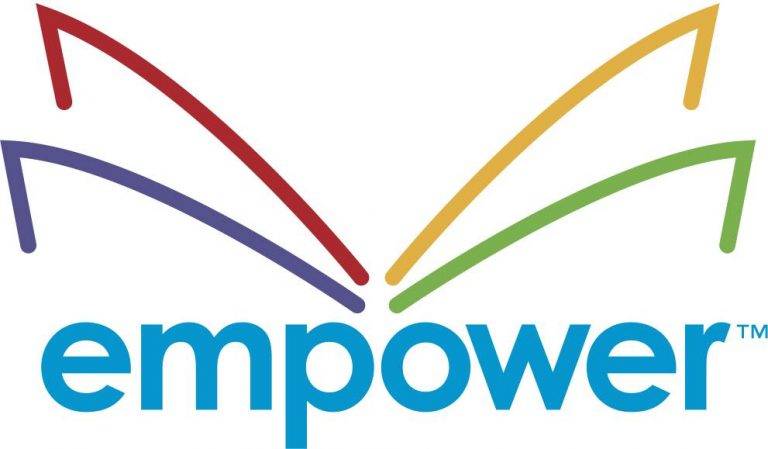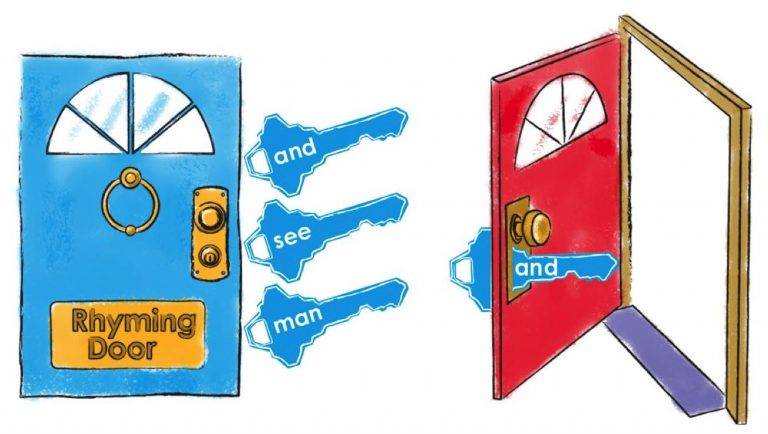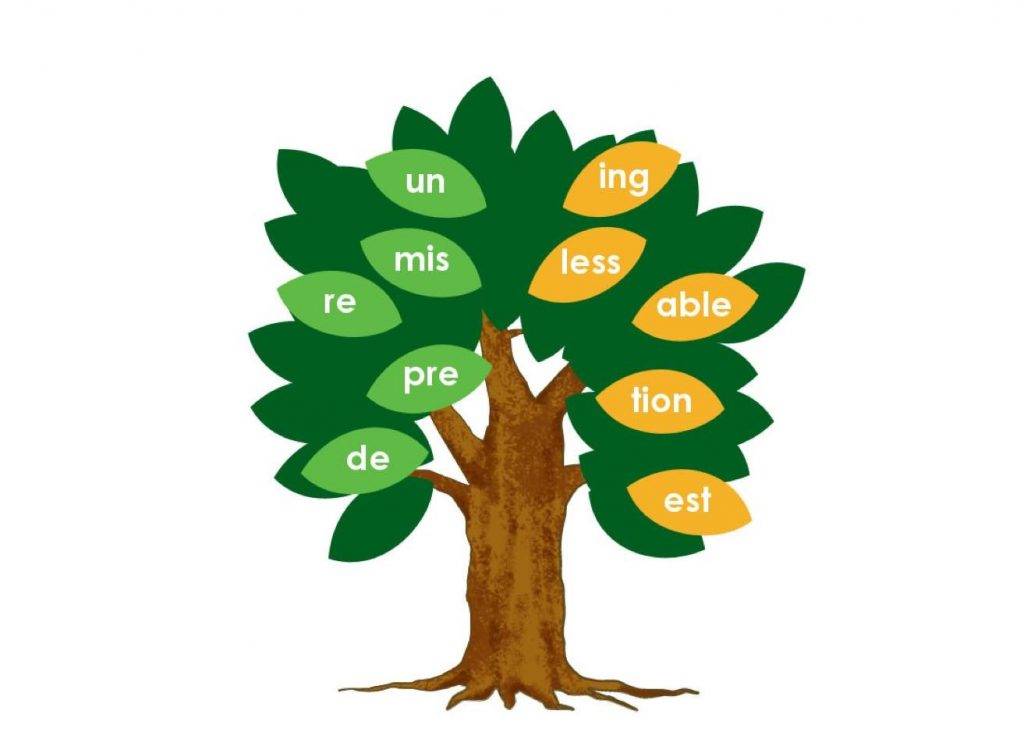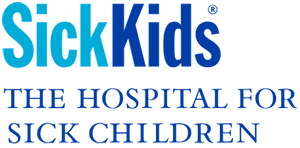EMPOWER™ Reading
Literacy Intervention and Professional Development programs designed to transform struggling readers into capable readers and confident learners
Context
Learning to read is critical to academic success, future employability, and general well-being. Literacy and global health standards are intimately linked, with more literate societies enjoying superior levels of maternal, child, and family health. Results of the 2010 Youth in Transition Survey (Statistics Canada, 2011) revealed that as young people’s reading proficiency increased, so did their educational attainment and annual income.
Many people at home and around the world face substantial obstacles in literacy learning and poor access to quality instruction and effective intervention. For some, children and adults alike, attaining literacy can be extremely challenging, and school systems may struggle to offer appropriate services.
The first core deficit for most children with reading disabilities involves difficulty working with the individual sounds (phonemes) that make up spoken words. A majority of children with RD exhibit a set of quite specific deficits in their awareness of and ability to work with the sound structure of spoken words; this problem is referred to as a deficit in phonological awareness and phonological processing. The deficit is for instance observed in disabled readers’ difficulties in knowing how many sounds there are in soft or in taking the first sound away from sleeping. These difficulties may reflect a more basic problem in the ability to make clear phonological representations in memory. This deficit also underlies most failures to acquire alphabetic and phonologically-based decoding skills especially in languages such as English.
A related deficit for struggling readers involves the failure to acquire rapid accurate word identification skills, a highly reliable indicator of most cases of severe RD. Because these children do not spontaneously segment spoken syllables and words into smaller units, they have no basis for learning and remembering or decoding a new word by analogy to a known word. This bottleneck in learning to read words contributes to many forms of poor comprehension. Because accurate, efficient decoding and word reading is the foundation upon which reading comprehension and reading fluency are built, intervention should begin with a focus on helping struggling readers by remediating their problems directly and teaching them a set of strategies that will allow them to become successful independent readers.




Objectives
Based on decades of research on the components of effective reading intervention, and designed to directly address the difficulties faced by children, teens, and adults with reading disorders, this project is designed to allow students to experience success in reading, to gain confidence in their own skills, and to transform struggling readers into capable readers and confident learners. Empower™ Reading focuses on:
- Objective 1, Remedial reading programs: Provide children, adolescents, and adults with reading problems with a set of comprehensive literacy learning methods demonstrated to be effective with struggling readers of different ages.
- Objective 2, Professional Development: Provide the tools and training to educators to implement these methods in their classrooms independently.
Activities
- Objective 1, Remedial reading programs
- Creation of lessons for three levels (Gr. 2-5; Gr. 6-8; and High School) of the Empower™ Reading Decoding and Spelling module for struggling readers to effectively decode and spell words with accuracy and fluency.
- Creation of lessons for three levels (Gr. 2-5; Gr. 6-8; and High School) of the Empower™ Reading Comprehension and Vocabulary module for children to become active readers who read independently for meaning, information, and pleasure.
- 60,000 students to receive instruction in Empower™ Reading in Canada, the United States, and internationally.
- Objective 2, Professional Development
- Training, coaching, and mentoring (4 days of workshops; in-class visits and refreshers) to over 3000 teachers and educators across Canada, in the United States, and internationally to teach one or more of the Empower™ Reading modules.
- Seeking opportunities to make these programs available to children and adolescents who live in underserviced remote communities and low- and middle-income countries.
- Pilot evaluation of the adaptation of these literacy learning methods in low and middle income countries.

If you want more information about Empower™ Reading and Learning and how to implement it, contact the team!
Using this form will automatically enroll the email address provided in the Haskins Global Literacy Hub Newsletter.
Partners

SickKids
The Hospital for Sick Children (SickKids), affiliated with the University of Toronto, is Canada’s most research-intensive hospital and the largest centre dedicated to improving children’s health in the country. As innovators in child health, SickKids improves the health of children by integrating care, research and teaching.
With a staff that includes professionals from all disciplines of health care and research, SickKids provides the best in complex and specialized care by creating scientific and clinical advancements, sharing knowledge and expertise and championing the development of an accessible, comprehensive and sustainable child health system.





